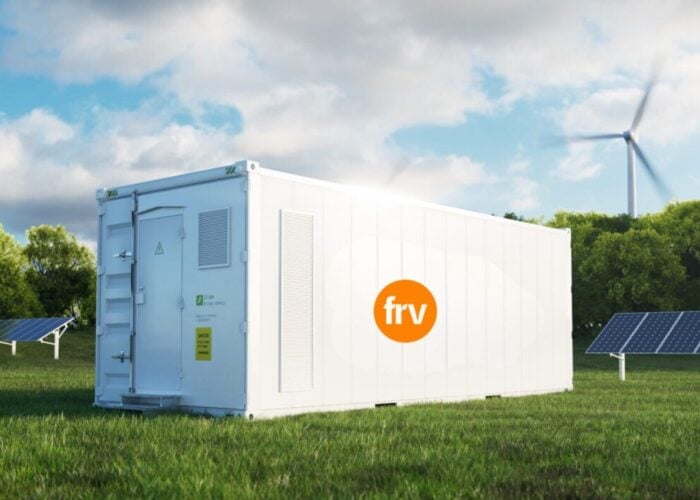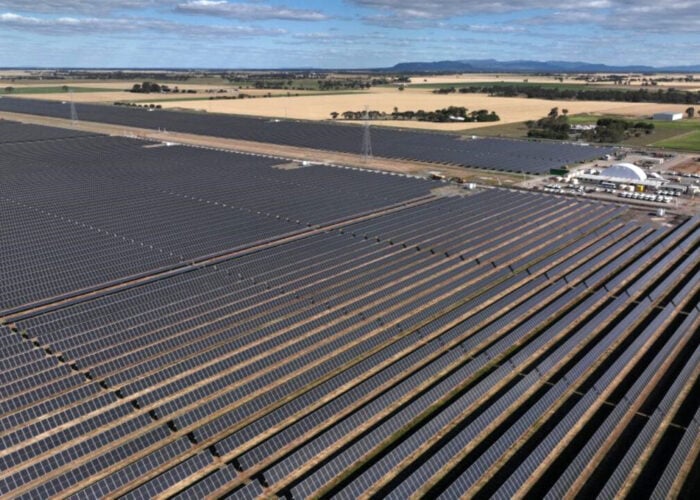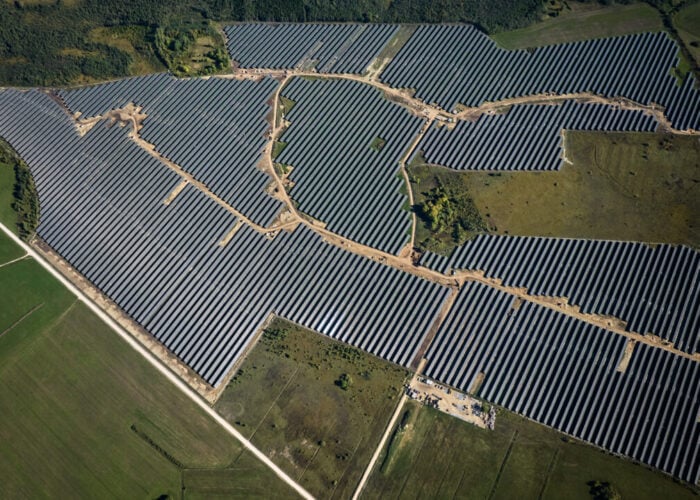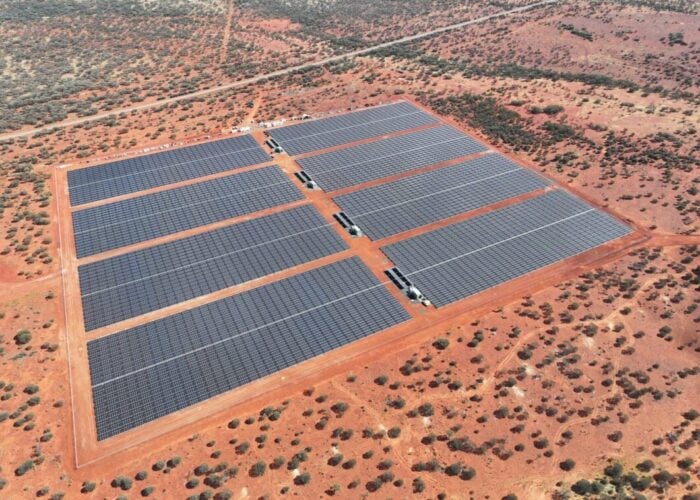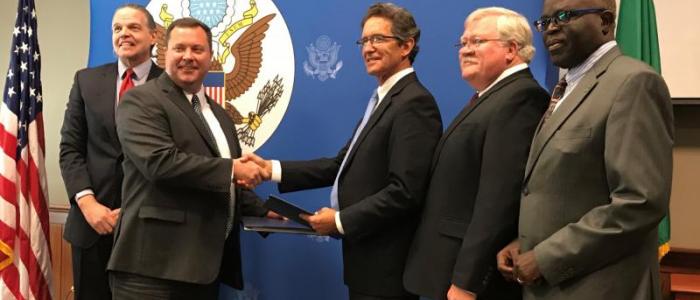
The US Trade and Development Agency (USTDA) has agreed to finance a feasibility study for a 150MW hybrid solar, wind and battery plant in northern Zambia.
The money was granted by the independent agency to the Zambian subsidiary of Upepo Energy Partners, a five-year-old firm that develops renewable energy projects across East Africa. If built, the project will be one of the first hybrid renewable energy projects in the country and provide grid support to northern Zambia.
Try Premium for just $1
- Full premium access for the first month at only $1
- Converts to an annual rate after 30 days unless cancelled
- Cancel anytime during the trial period
Premium Benefits
- Expert industry analysis and interviews
- Digital access to PV Tech Power journal
- Exclusive event discounts
Or get the full Premium subscription right away
Or continue reading this article for free
Todd Abrajano, the agency’s acting deputy director, said the feasibility study would “address critical energy generation and battery storage needs in Zambia, while providing enhanced access to affordable and reliable electricity.”
New York-based consultancy WSP USA will lead the feasibility study, which will determine the hybrid project’s commercial viability and gauge the optimal mix of on-site technologies.
The Zambian government wants to push on-grid solar capacity up by 600MW within two to three years, up from the most recent 0.06MW figure. This is to be accomplished through domestic feed-in-tariff schemes run by German development bank KfW, as well as the World Bank’s Scaling Solar initiative, which drives large-scale PV adoption in African countries.
In April, Enel Green Power, a subsidiary of Italian power giant Enel, switched on the 34MW Ngonye solar PV plant in southern Zambia. The same month, Neoen and US thin-film specialist First Solar announced the completion of a 54MW solar plant, also in the country’s south.
USTDA is independent of US government. It links the US private sector to development projects in emerging countries.


